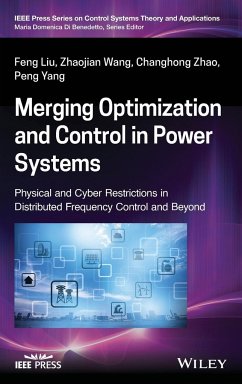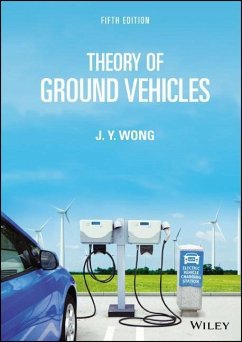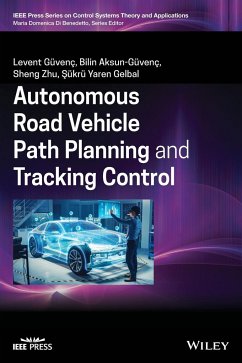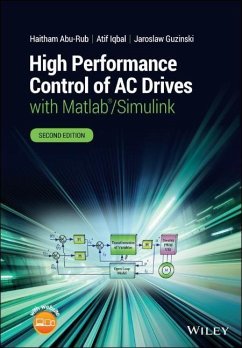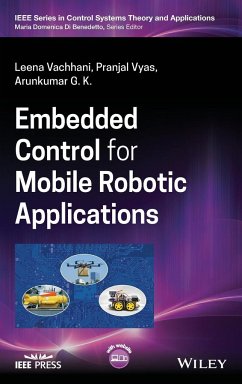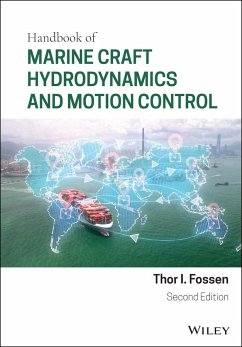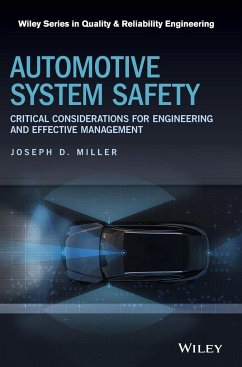Nicht lieferbar

Iterative Learning Control Algorithms and Experimental Benchmarking
Presents key cutting edge research into the use of iterative learning control The book discusses the main methods of iterative learning control (ILC) and its interactions, as well as comparator performance that is so crucial to the end user.






